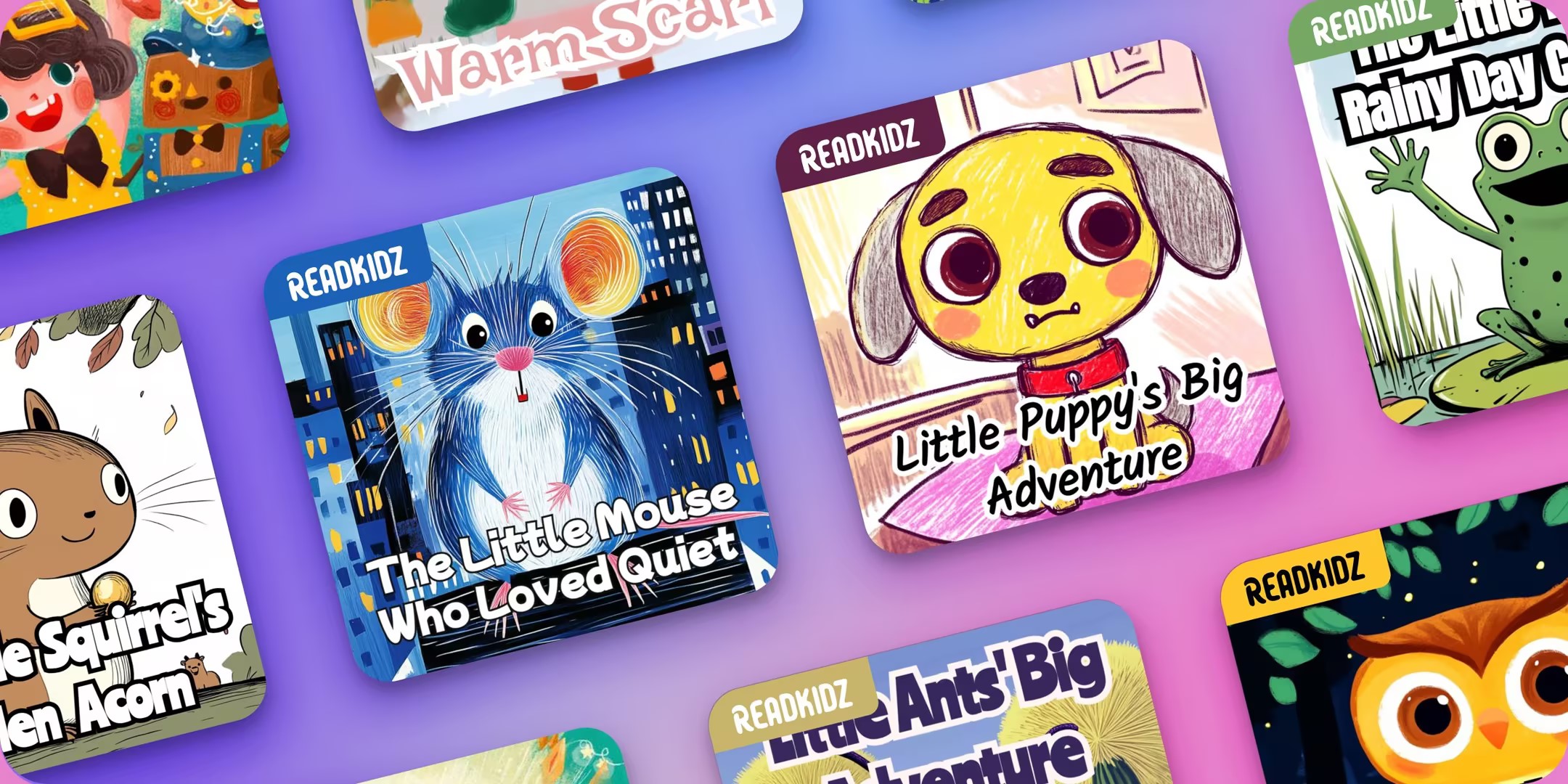- Future-Ready Parents
- Posts
- Your Teen Justified What? Use This 3-Question Check to Interrupt Bad Logic (Before It Sticks)
Your Teen Justified What? Use This 3-Question Check to Interrupt Bad Logic (Before It Sticks)
How AI's humanlike irrationality gives you a surprising new way to teach better thinking—and emotional self-regulation.


A new Harvard study shows GPT-4o changes its beliefs when it thinks it made a free choice, basically mimicking how humans justify decisions after the fact. This fasincates me because that means AI might be operating as a “psychological mirror”.
If you’ve ever heard your teen insist a bad decision was “fine” because it was their idea, this research might feel uncomfortably familiar.
🌱 This is Future-Ready Parents—where we turn parenting worries into small, practical wins that build confident, tech-savvy kids (and calm, capable parents).
🔎 What to Expect Today
Today’s issue gives you a 3-question “Choice Check” tool you can use with your tween or teen (good for ages 12–18). It helps interrupt the all-too-human reflex to defend bad decisions—so your kid can reflect, reset, and make better ones next time.
📖 Why It Matters
It’s easy to assume our kids make decisions based on their beliefs, interests, or preferences. But if the research is correct, it appears people actually make a decision first, then shift their beliefs merely to justify their actions.
This is what researchers at Harvard and Cangrade observed in GPT-4o. When the AI “chose” to write an essay either supporting or opposing a public figure, its opinions changed more dramatically—just like humans coping with cognitive dissonance.
This same pattern shows up in adolescents. A teen skips studying, fails a test, then says, “That teacher’s unfair anyway.” They’re not being manipulative—they’re reducing discomfort by aligning beliefs with past behavior. They’re rationalizing their thoughts so it fits their desired worldview.
According to child therapists, belief-behavior conflicts are common from ages 10–18, and often get more complex with age. Peer influence peaks around ages 12–14, and teen brains are wired for high reward sensitivity and emotional reactivity.
Ok, so what’s the takeaway and why should we care?
If kids don’t learn to notice when they’re justifying behavior after the fact, they’re more likely to defend poor choices—whether it’s digital habits, peer drama, or risk-taking.
That’s what today’s tool helps you interrupt.
🛠 The Tool: The 3-Question “Choice Check”

Use this when your child insists a questionable decision was “fine”—just because it was their idea. The goal isn’t to argue. It’s to open up reflection.
Try this when:
They defend ghosting a friend they care about.
They rationalize staying up all night even though they’re crashed out the next day.
They stick with a plan they clearly want to abandon, but don’t because it was “their idea.”
Ask—or teach them to ask themselves:
“Did I really choose this freely—or was I reacting to something (pressure, impulse, or emotion)?”
“Am I defending this because I believe in it—or because I don’t want to be wrong?”
“If someone else did this and said what I’m saying… would I believe them?”
📍 Example: Your teen says skipping soccer tryouts was “just not worth it”, but you saw how badly they wanted to go. Try: “If your best friend gave that explanation, would you believe them or think its ‘sus’?”
(You can try these on yourself, too—especially when you're justifying a parenting moment that didn’t land.)
This isn’t about catching your child. It’s about giving them the mental pause button most adults wish they had earlier in life.
The above link is an affiliate link.
📊 YESTERDAY’S POLL RESULTS:
We asked: How confident are you that your teen is preparing for a career AI won’t replace?
Very confident: 25%
Somewhat confident: 25%
Not very confident: 50%
Haven’t thought about it: 0%
Half of you aren’t sure your child is future-proofing. But helping them build thinking tools like today’s is how you shift that trajectory.
📢 TODAY’S POLL:
📩 Vote now, and we’ll share the results in tomorrow’s issue!
BEFORE YOU GO…
The goal isn’t to make your kid agree with you. Rather, it’s to help them listen to themselves with more honesty. These are examples of what I refer to as “future-ready parent”.
And if you’re helping them do that today, even in a small way, you’re already ahead.
Until next time,
James Brauer
Founder, Future-Ready Parents

Reply